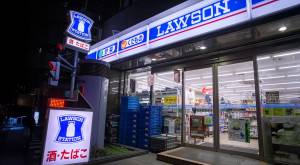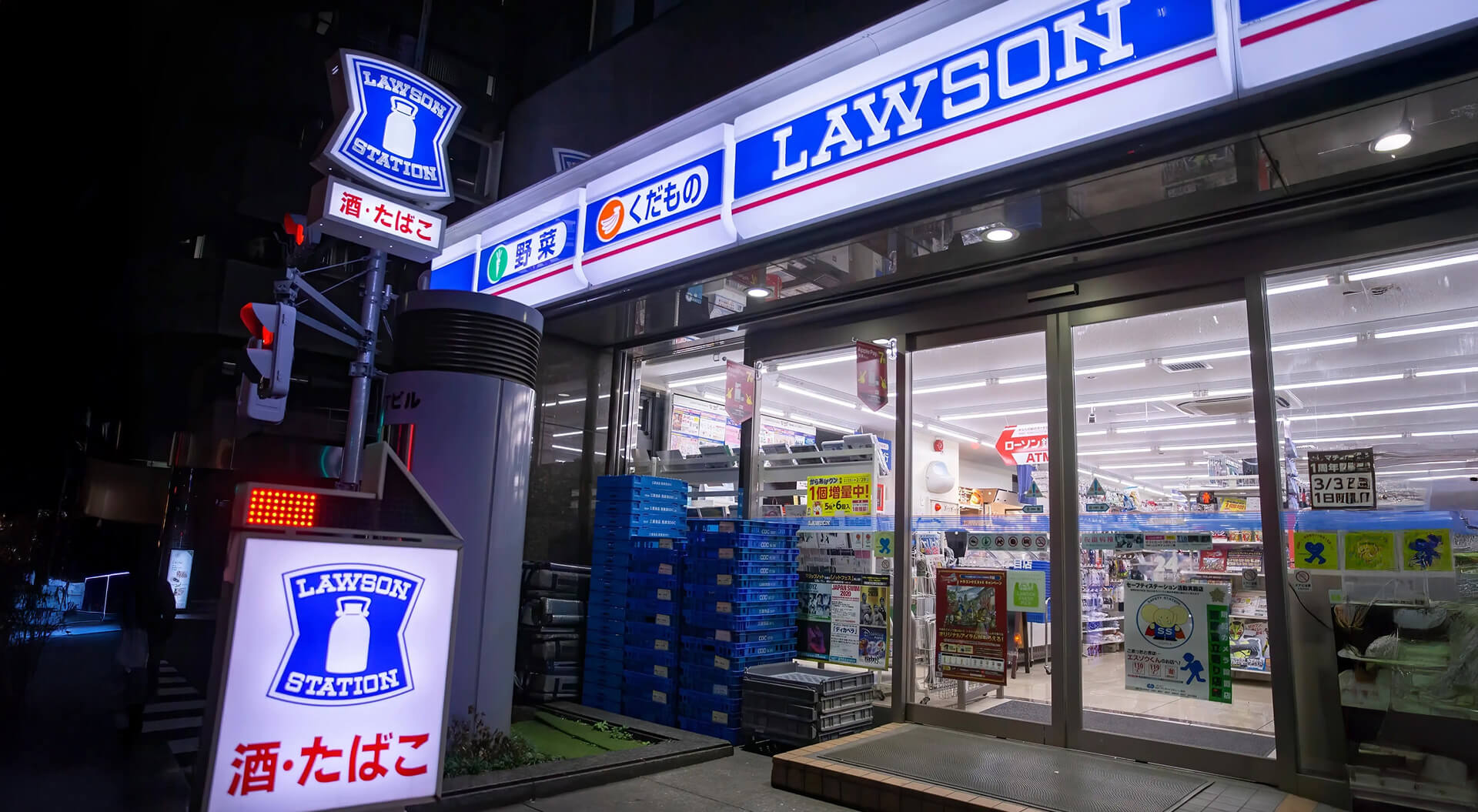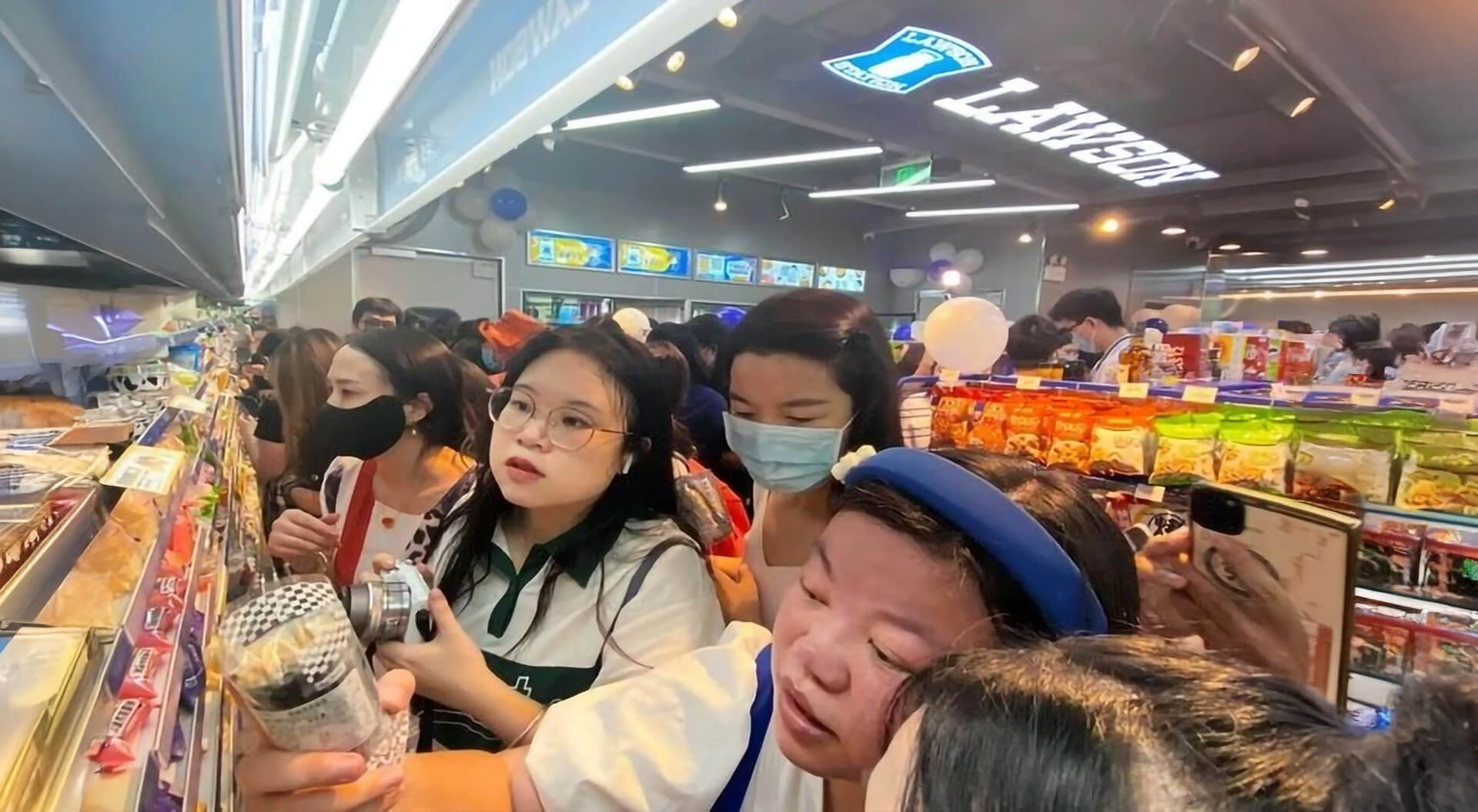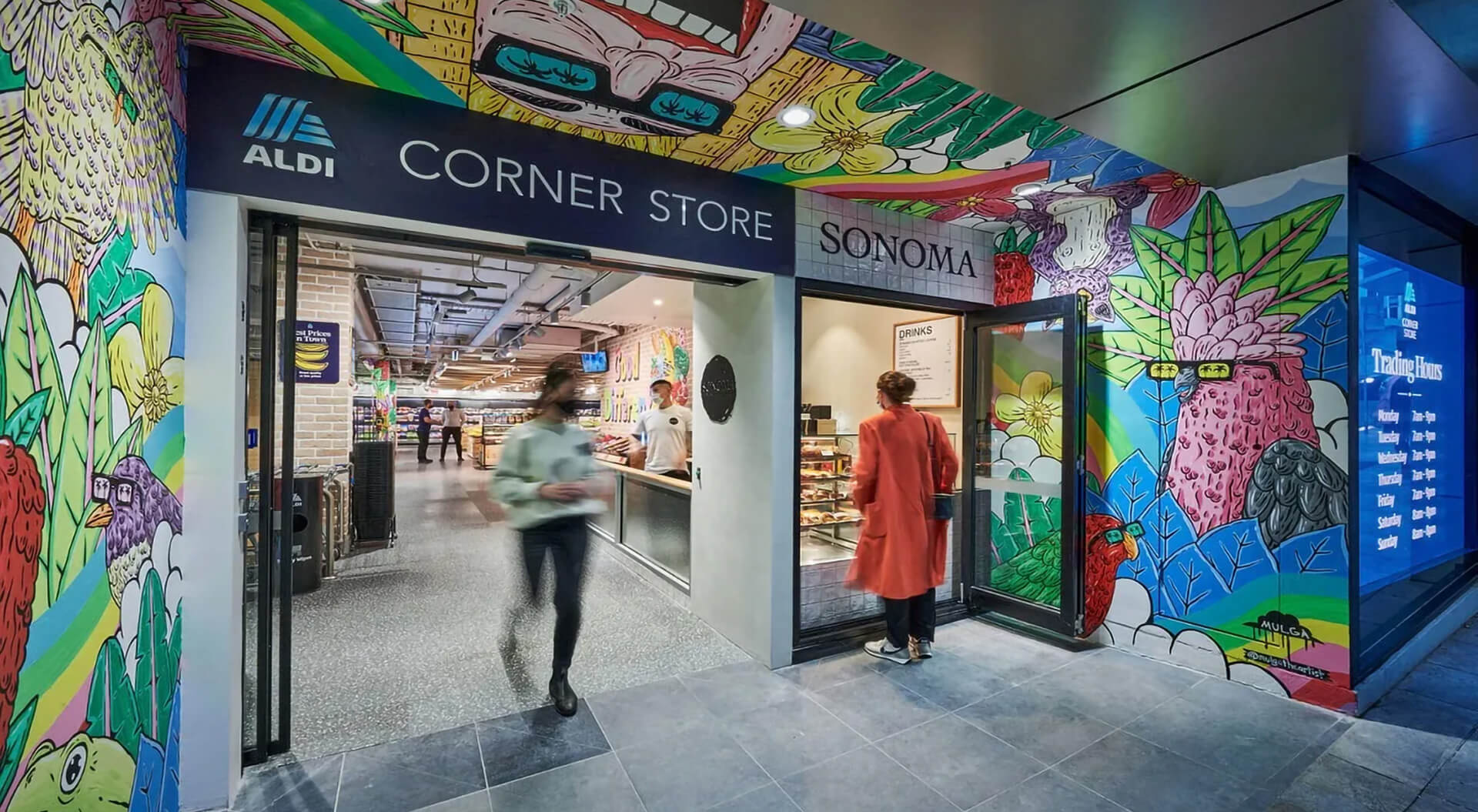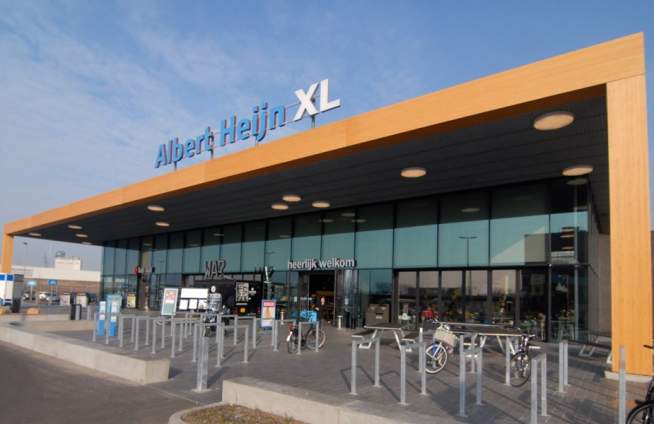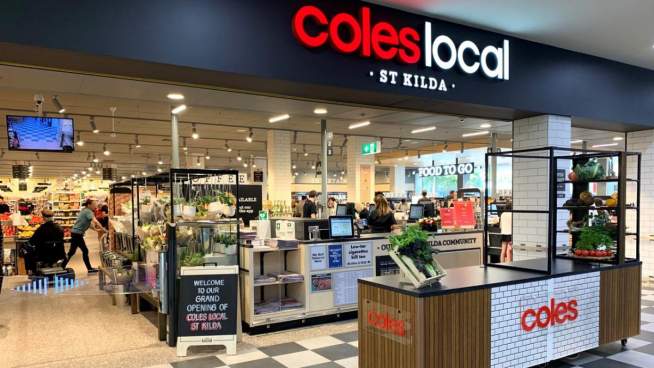News and Views
Small-format urban supermarket design
Proximity and local relevance
Recent trends in small-format urban supermarket design across South Korea, Japan, and China reflect a dynamic shift toward compact, hyper-convenient retail formats tailored to fast-paced urban lifestyles. As populations become increasingly concentrated in city centres and consumer expectations rise, retailers are abandoning the traditional large-format supermarket in favour of smaller, more agile store concepts. These compact stores, often under 200 square meters, balance convenience, local relevance, and efficiency, redefining the role of everyday retail across East Asia.
Leading the charge are brands like CU in South Korea, which is reinventing its stores as community hubs with enhanced food-to-go counters, self-order kiosks, and flexible seating areas. CU’s new concept includes a more lifestyle-oriented layout with zones dedicated to café-style dining and local specialties, responding to demand for all-day, multi-occasion use. The concept transforms beyond a traditional convenience store into a modern, digital-first, and customer experience-driven lifestyle platform. Unlike the old model, which was focused solely on grab-and-go essentials, the new CU prioritizes fresh food, smart retail, digital convenience, and brand collaborations, aligning with Korea’s evolving tech-savvy and trend-conscious consumers.
The new Family Mart in Japan concept evolves into a customer-centric, sustainable retail experience with modern tech and fresh offerings. Its integration of convenience, innovation, and eco-conscious practices sets a new standard for urban convenience stores, making it a vital part of everyday life. FamilyMart is expanding on its “convenience plus lifestyle” strategy by integrating co-working spaces and in-store cafés. Some of its newest stores include micro-working booths, smart lockers for e-commerce parcel pickup, and wellness corners stocked with health supplements and fresh juices — catering to the hybrid worker and health-conscious consumer. Digital kiosks and cashless checkout further streamline the experience.
Lawson, another major player in Japan, is leaning into its "Smart Convenience Store" model. The concept evolves into a premium, tech-enabled, and sustainability-driven convenience store, moving beyond basic retail to a smart lifestyle experience. Unlike the traditional model, which focused purely on grab-and-go essentials, the new Lawson prioritizes fresh food, digital convenience, and community-centric innovations, catering to Japan’s modern
consumers. Their concept stores feature AI-powered shelf monitoring, automated replenishment systems, and digital signage for real-time promotions. Lawson is also piloting 24-hour unmanned stores in urban locations, blending technology and efficiency while retaining human-centric design through curated lighting and intuitive merchandising layouts.
7-Eleven continues to lead in China and Japan by turning convenience into a lifestyle offering. The new 7-Eleven concept reimagines convenience with a tech-forward,
customer-centric, and sustainable approach. It transforms stores into lifestyle hubs that offer more than just essentials—delivering speed, comfort, and smarter choices for modern urban living. Their flagship urban formats increasingly feature seating areas, premium coffee counters, and an expanded range of freshly prepared meals developed in partnership with local chefs. In China, 7-Eleven is investing in data-driven merchandising and integrating loyalty apps with in-store screens that personalise offers based on customer profiles.
Żabka’s new concept redefines convenience retail by evolving into a smart, sustainable, and digitally connected lifestyle platform tailored to tech-savvy urban consumers. The Warsaw-based Żabka Non-Stop store showcases this shift, operating as a staffed location by day and transitioning into a fully autonomous, cashierless model at night. Powered by AiFi’s AI technology, customers can shop 24/7 using the Żappka app or a payment card, with transactions processed automatically. The store features a curated range of ready-to-eat meals, fresh drinks, and essential services like parcel pickup and bill payments. With a mission to “free up free time,” Żabka delivers a seamless, innovative retail experience through efficient layouts, digital integration, and a focus on speed and convenience.
At Campbell Rigg, we bring international experience and strategic design thinking to this evolving landscape. Through our brand and interior design work for supermarket retailers in the UK, Russia, and Azerbaijan, we’ve helped retailers rethink small-format spaces with big ambitions. We create store environments that are not only operationally efficient but emotionally engaging — blending brand storytelling, digital integration, and agile spatial planning.
As Asia’s compact supermarket sector continues to grow, success lies in creating formats that feel relevant, flexible, and hyperlocal. This is where Campbell Rigg excels — helping retailers deliver standout customer experiences, even in the smallest spaces.













